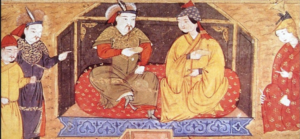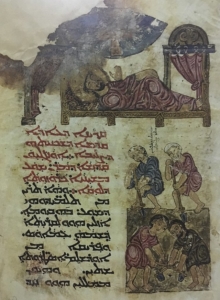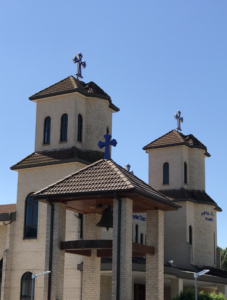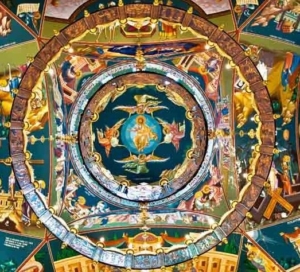“Let no man then accuse poverty as being the cause of innumerable evils, nor let him contradict Christ, who declared it to be the perfection of virtue, saying, ‘If you will be perfect.’ [Matthew 19:21] For this He both uttered in His words, and showed by His acts, and taught by His disciples. Let us therefore follow after poverty, it is the greatest good to the sober-minded.
Perhaps some of those who hear me, avoid it as a thing of ill omen. I do not doubt it. For this disease is great among most men, and such is the tyranny of wealth, that they cannot even as far as words endure the renunciation of it, but avoid it as of ill omen. Far be this from the Christian’s soul: for nothing is richer than he who chooses poverty of his own accord, and with a ready mind.”
+ St. John Chrysostom, Homily 18 on Hebrews






